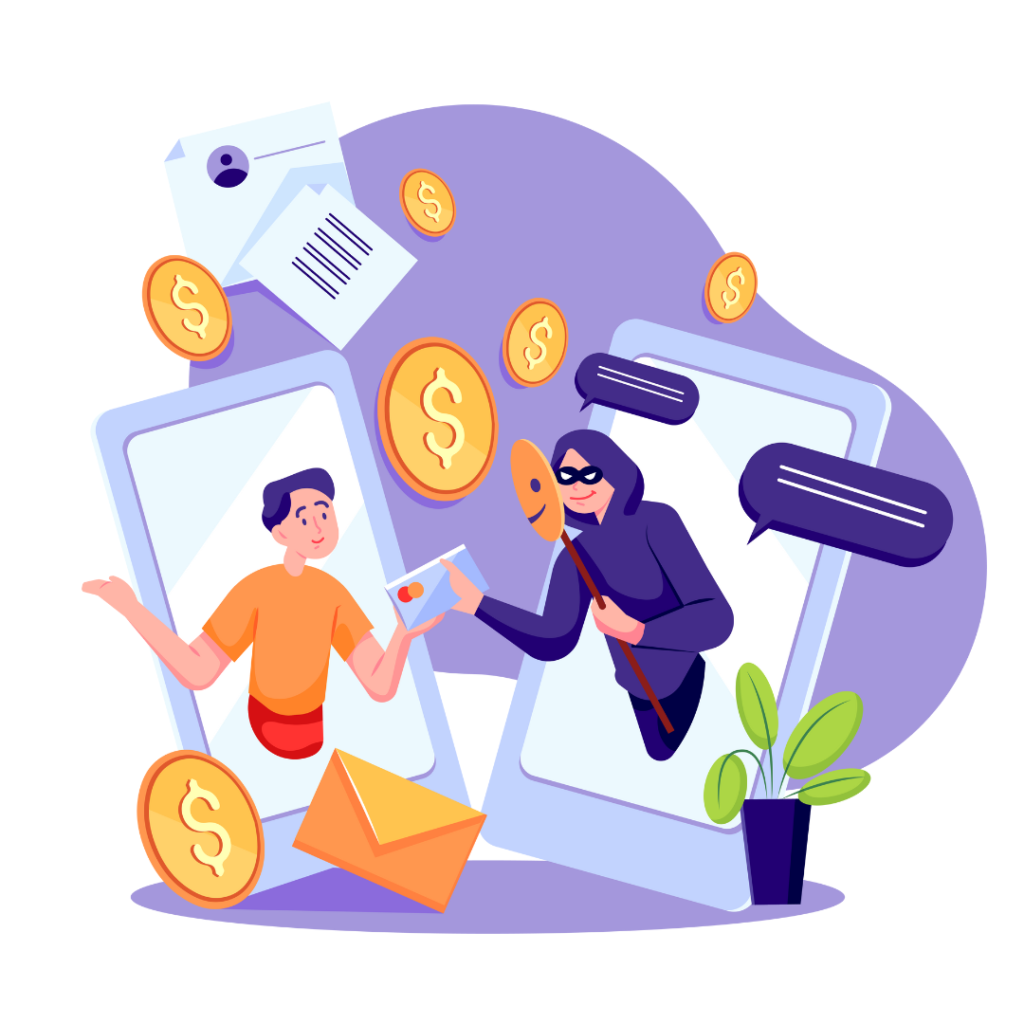P2P Scams
 Unfortunately, we live in a world where there are risks all around us. Sometimes, we take risks hoping for a positive result, and other times, a risk may lead us to a negative outcome. In the modern banking world, the risks of fraud continue to increase and come in various forms. As the Chief Compliance Officer, it’s my duty to educate our customers on the types of scamming trends that continue to pose a risk to our customers. For this education piece, I would like to focus on the risks of money in apps.
Unfortunately, we live in a world where there are risks all around us. Sometimes, we take risks hoping for a positive result, and other times, a risk may lead us to a negative outcome. In the modern banking world, the risks of fraud continue to increase and come in various forms. As the Chief Compliance Officer, it’s my duty to educate our customers on the types of scamming trends that continue to pose a risk to our customers. For this education piece, I would like to focus on the risks of money in apps.
Many consumers gravitate towards payment apps such as Venmo, Paypal, or Cash App to send or receive funds. These payment apps, also referred to as person-to-person or P2P apps, have grown increasingly popular. Statistically, more than ¾ of adults in the United States use a P2P app, with the Consumer Financial Protection Bureau (CFPB) estimating $893 billion in transactions went through these apps last year alone.
The purpose is for consumers to send and receive money while also storing money in an account on the app. While this may seem convenient, the money stored within these apps is not always covered by insurance from the Federal Deposit Insurance Corporation (FDIC) if fraud or another unexpected circumstance occurs. It is recommended that once payment is received, especially a large payment, the funds should be transferred to an FDIC insured bank account.
Phishing is a common P2P scam you should watch out for. Scammers will pretend to be a trustworthy entity, much like Paypal or Venmo, claiming there may be an issue with your account and to click on the link or provide login details to fix the issue. If you do this, the scammer has now accessed your account and can make unauthorized transactions as well as lock out your ability to further use the app.
Another scam you should be aware of is an impersonation scam. The scammer tricks you into believing you’re dealing with a trustworthy entity such as your financial institution. They may warn you of suspicious activity on your account and ask you to send money to verify your account or reverse a transaction. The catch? You’re not sending money to your bank! The scammer has now received your funds. Your bank will never ask you to transfer money for these reasons. If you receive an impersonation call from Community Bank, hang up and contact us directly.
These are only two examples of P2P scams, but there are many others our customers should be aware of. We want to ensure our customers are safe, aware, and most importantly, protected!
For questions or more information, contact your local branch!
Thank you,
Alicia Bendt
Chief Risk Officer





